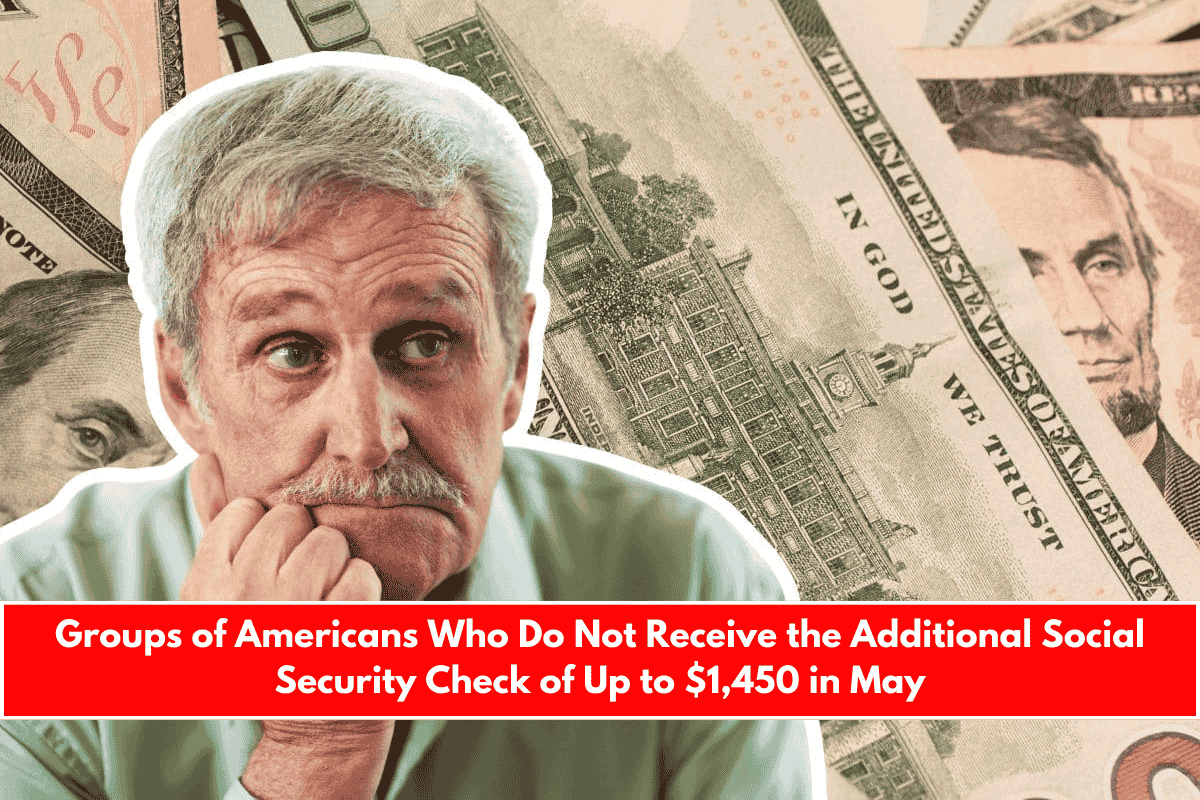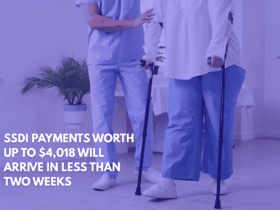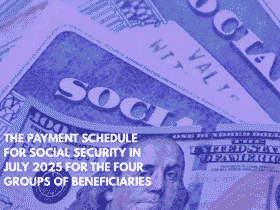In the United States, millions of people depend on Social Security payments to cover everyday expenses. But for many retirees and people with disabilities, Social Security alone is not enough to live comfortably. This pushes many to look for extra financial help.
To support those who need it most, the Social Security Administration (SSA) offers programs like SSI (Supplemental Security Income). SSI is a special program designed to help people with low incomes live with greater dignity. It provides extra money each month for those who qualify, and in May 2025, some people will receive an additional SSI payment.
However, not everyone can get this extra check. It is important to know who is eligible and what the rules are to receive this extra help.
Who Can Get the Extra SSI Payment in May 2025?
The SSI program is meant for people who have limited income and resources. This includes:
- Retirees
- People with disabilities
- Citizens aged 65 or older
To qualify for the extra SSI payment in May 2025, you must meet a few basic conditions:
- You must have low income and few resources.
- You must be a U.S. citizen or meet legal residency rules.
- You must live permanently in the United States.
If you meet these conditions, you could receive an extra SSI check during May.

How Much Is the Extra SSI Payment?
The maximum SSI payments set for 2025 are:
- $967 per month for an individual.
- $1,450 per month for a couple where both partners qualify.
However, if your income or resources are higher than the allowed limits, your payment could be smaller — or you might not get a payment at all. That’s why it’s important to review your personal situation carefully.
Can You Receive SSI and Social Security at the Same Time?
Yes! You can collect both Social Security and SSI at the same time. However, the amount of your SSI payment might be reduced depending on how much you receive from Social Security.
SSI is also compatible with other programs like:
Again, you must make sure your income and resources stay within the allowed limits to continue receiving these benefits.
Why Knowing About SSI Matters
In today’s economy, every extra bit of help counts. For many families, getting SSI along with Social Security and other benefits can mean the difference between struggling to pay bills and living a more peaceful, stable life.
Being informed about these programs — and knowing how and when to apply — can make life easier and help secure a better future for you and your loved ones.











Leave a Reply